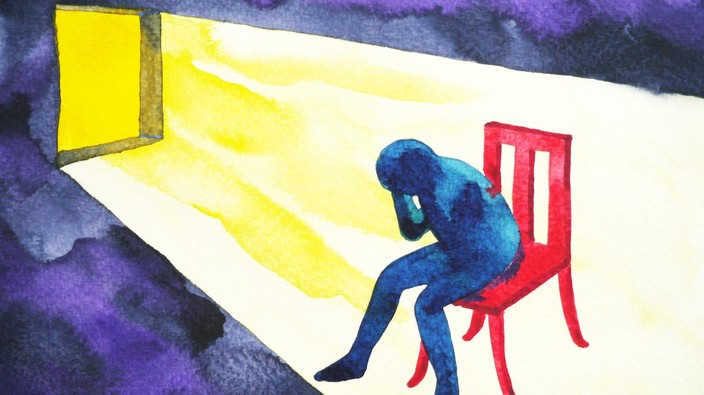clinical (or major) depression is a complex mood disorder caused by a combination of multiple factors, including genetic predisposition, personality, stress and brain chemistry. the disorder affects both mind and body,
according to the public health agency of canada, producing feelings of sadness and loss of interest in addition to physical symptoms that can range from fatigue to joint pain. while depression can be experienced by anyone of any age, it often occurs in people who are undergoing life changes. the disorder is also diagnosed in women at almost twice the rate as men and is experienced by around one-third of people who are dealing with a chronic illness.
there are a few forms of depression that occur under specific circumstances, including seasonal affective disorder (sad), which is influenced by the weather and time of year, and postpartum depression, which can occur in women following the birth of a child.
one-third of people with chronic illnesses experience depression
although mood disorders are one of the most common mental illnesses experienced by canadians, many people aren’t even aware they may be suffering from depression. many others may be reluctant to seek help, often because the stigma surrounding mental illness has made them afraid of appearing weak or incapable of coping with the issues in their lives. those who recognize this stigma for the nonsense it is generally start to feel better after accessing medication, therapy or a combination of the two.
 4 minute read
4 minute read









